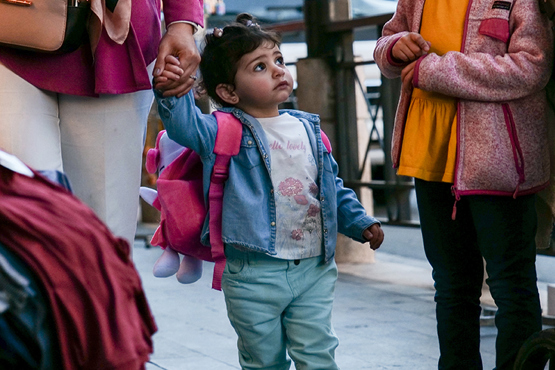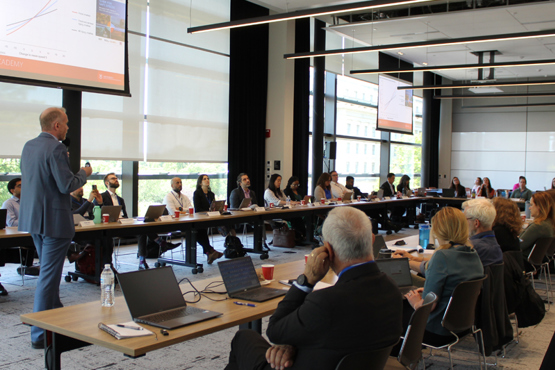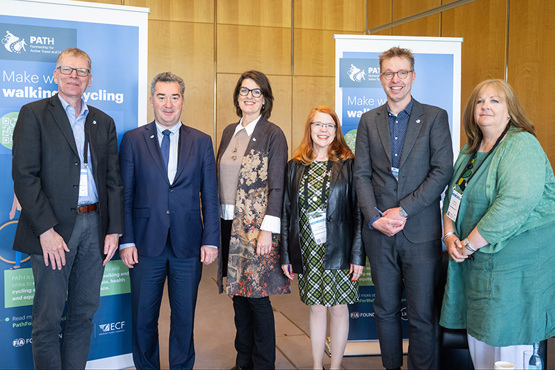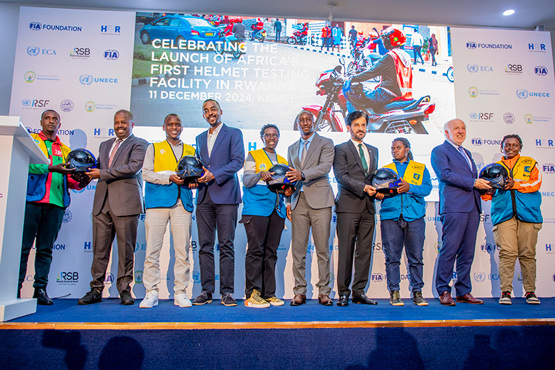Safetipin handbook highlights critical steps to improve young women’s mobility in Indian cities, supported by FIA Foundation
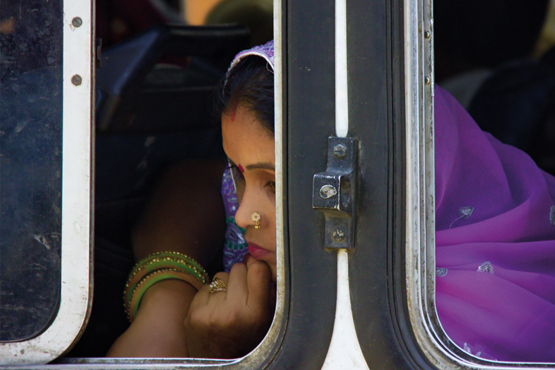
A new handbook offering critical insights and actionable recommendations to make urban transport systems in India more inclusive and responsive to the needs of young women has been launched by NGO Safetipin, supported by the FIA Foundation.
The handbook, ‘Enhancing Young Women’s Mobility in Indian Cities’, was launched at a special event in Jaipur, which brought together urban and national transport decision-makers along with civic organisations and young women to share their experiences.
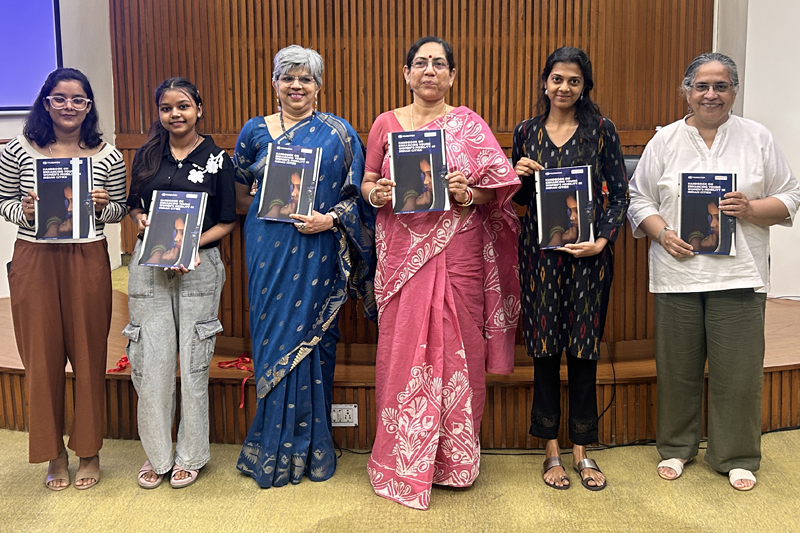
The study presents a comprehensive analysis of the challenges young women face in accessing safe, affordable, and reliable transportation—and how these challenges limit their participation in education, employment, and public life. The handbook draws on in-depth qualitative research with young women across four cities in Rajasthan - Jaipur, Jodhpur, Udaipur, and Ajmer - along with interviews with service providers, civil society organisations, and government officials.
Young women in urban India travel less and for shorter durations than young men, often due to safety concerns, affordability, and social norms. The key barriers to their mobility include high costs, harassment, unreliable services, and limited first- and last-mile connectivity, the study shows.
The handbook calls for more coordinated policy action, inclusive planning, and investment in gender-responsive transport infrastructure to ensure that young women can move freely and safely, with clear, actionable recommendations including:
- Policymakers should collect and use gender- and age-disaggregated data, involve young women in planning processes, and train planners, decisionmakers and officials in gender-inclusive approaches.
- Service providers should seek to bring women into decision-making and design positions, improve service reliability, safety, and affordability, and design better first- and last-mile solutions.
- Civil society and youth organisations should empower young women as advocates and support data collection on their experiences of mobility.
Dr Kalpana Viswanath, CEO, Safetipin said: "Young women do not enjoy freedoms in our cities, even when they have access to skilling, education, or entrepreneurship. When it comes to public spaces for leisure, friendships, romance, or simply being, their agency is severely limited by the lack of safe and accessible mobility systems."
“Looking ahead, gender transformative action is the logical progression. We must make our infrastructure safe, accessible, and inclusive, ensure service design is responsive, and make gender-disaggregated data and safety audits standard practice,” added Dr Debolina Kundu, Director, National Institute of Urban Affairs, responding to the handbook findings during the launch event.
“Mobility is a critical enabler for young women’s economic and social participation,” said Sheila Watson, Deputy Director of the FIA Foundation. “By addressing mobility through the lens of young women, cities can become more inclusive, equitable, and economically resilient. This handbook not only highlights the barriers but also provides targeted and practical recommendations to improve access and equity in urban transport systems, not just in Rajasthan but across India and the entire region. It really shows how engaging with young women and listening to the changes they need can improve mobility for not just this underserved group but for the whole of society.”
